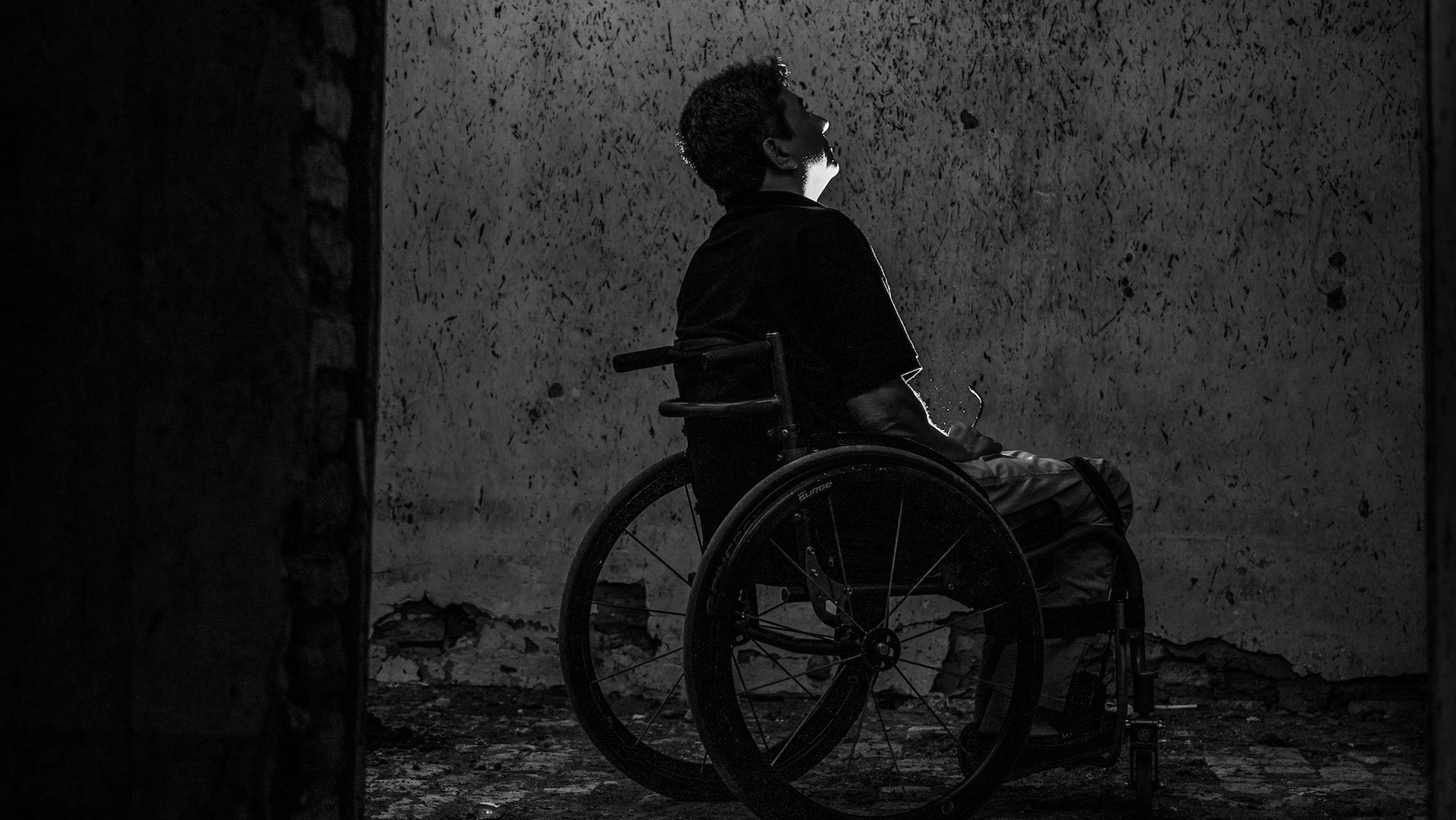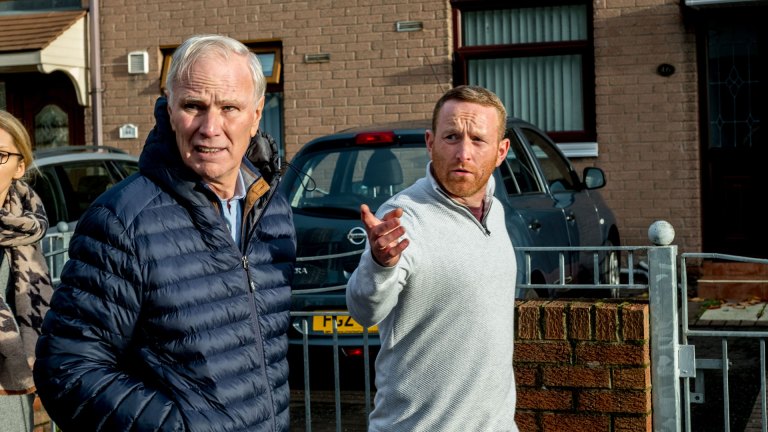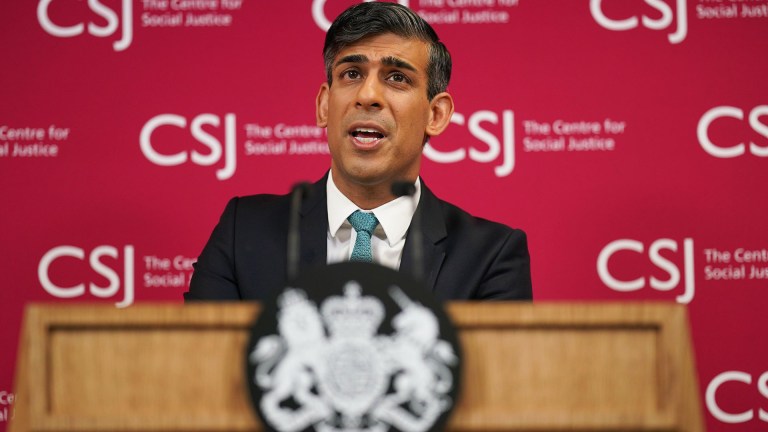Almost every renter has their fair share of horror stories: struggling to find anywhere suitable that’s within your budget, landlords ignoring your emails or refusing to fix things, revenge evictions or huge rent hikes after making complaints.
But what if you’re also disabled? If you’re trying to find a wheelchair-accessible property? If you need grab-rails to use the bathroom, lowered counters or adapted appliances to cook in your kitchen, a lift to get up the stairs?
More than one in six disabled people are currently living in the private-rented sector. With a chronic shortage of social housing and home ownership far out of reach – especially when disabled people’s incomes are lower on average – many have no other choice.
One in three of these disabled renters are in properties that are unsuitable for their needs. People like Robert, who has visual and mental health impairments and lives alone in a privately rented flat, and has spoken to Disability Rights UK and Inclusion London about the impact of his poor living situation.
A lack of accessibility features means Robert risks injuring himself in his home and cannot use his cooking facilities, such as his kettle and toaster. Despite his requests for adaptations, Robert’s landlord has been unresponsive. He faces anxiety and stress due to this unsafe environment, compounded by financial strain from rising housing costs and utility expenses. He cannot consider moving to another property as rents in his local area have sharply increased, so he’s trapped in a dangerous home.
Funding to make adaptations to disabled people’s homes is, in theory, available through the disabled facilities grant (DFG), yet only 6% of DFGs go to private renters. Many barriers exist, the most common being that private landlords refusing to make adaptations. In fact, the DFG Review in 2018 confirmed that more than 10% of applications for DFGs were discontinued because the landlord or owner refused permission, so it’s clear that disabled renters need stronger rights that compel landlords to make the adaptations they need.









